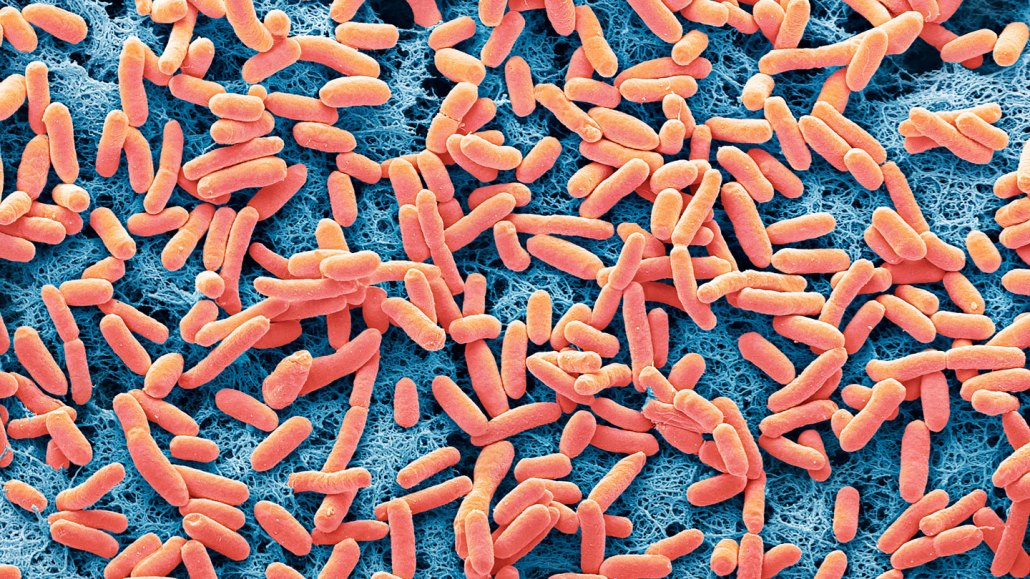
Genetics
Scientists Say: Genetic Engineering
Genetic engineering involves adding, changing or removing certain pieces of DNA from a living thing to give it desired traits.
Come explore with us!

Genetic engineering involves adding, changing or removing certain pieces of DNA from a living thing to give it desired traits.

Unlike cats, whose ancestors hunted alone, dogs evolved from a species that hunted in packs. Being social might explain why pups copy humans.

Pei-Chih Lee works to preserve genetic material that can help researchers learn more about endangered animals, such as pandas and clouded leopards.

Allergies are caused by the body’s immune system overreacting to harmless substances.

One gene drive to eliminate malaria seems to work in the lab. Now it’s time to ask local people if they want it released in the wild.

Many people associate dog breeds with specific behavioral traits. But breed appears to account for only about 9 percent of behavioral differences.

Archaeological finds from an ancient French rock-shelter show periodic settlements by both populations, just not at the same time.

People bred these animals — part donkey, part wild ass — some 4,500 years ago, probably for use in fighting wars.

A cloned ferret named Elizabeth Ann brings genetic diversity to a species that nearly went extinct in the 1980s.

Dog puppies outpace wolf pups at engaging with humans, even with less exposure to people, supporting the idea that domestication changed dogs’ brains.